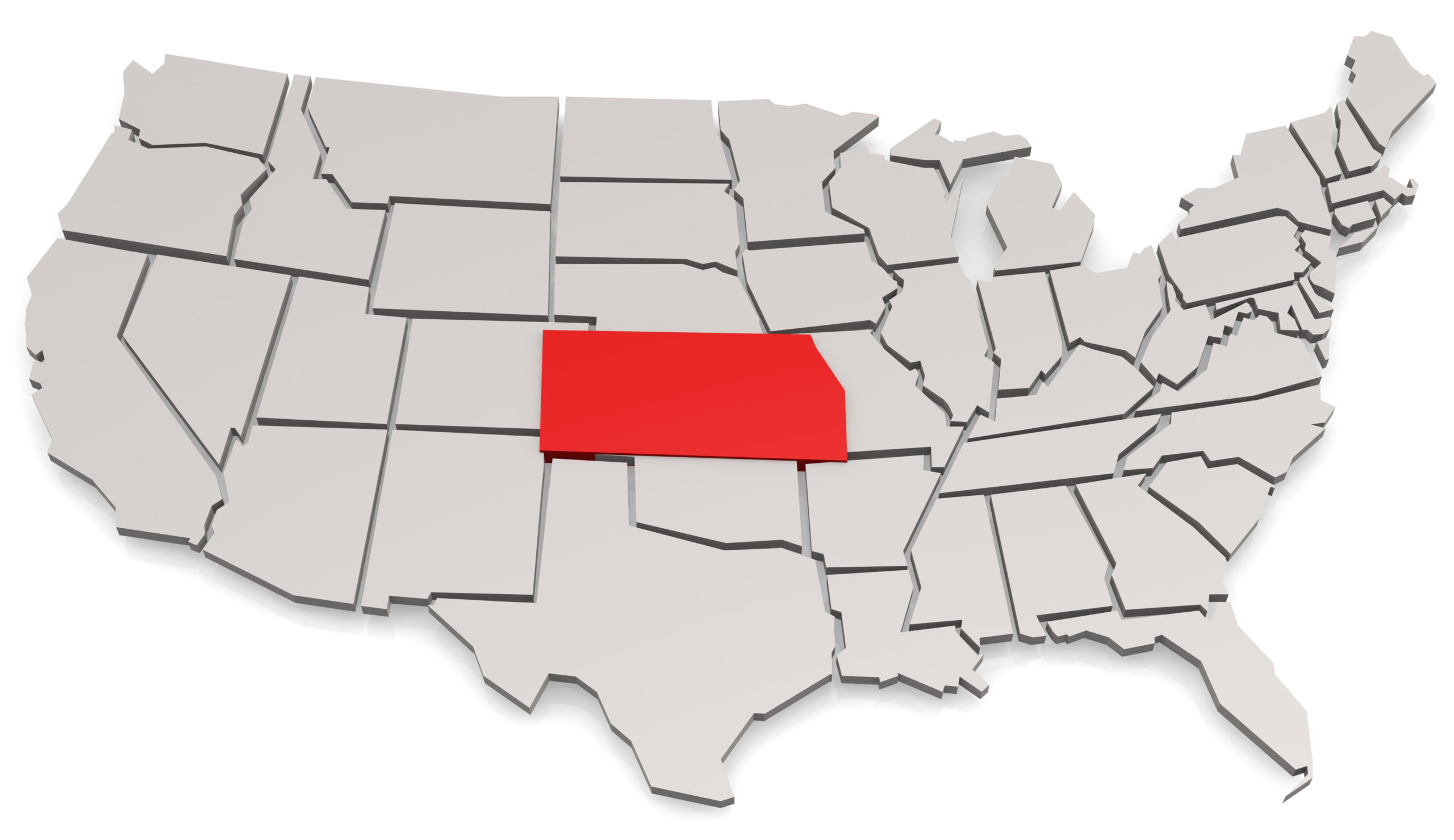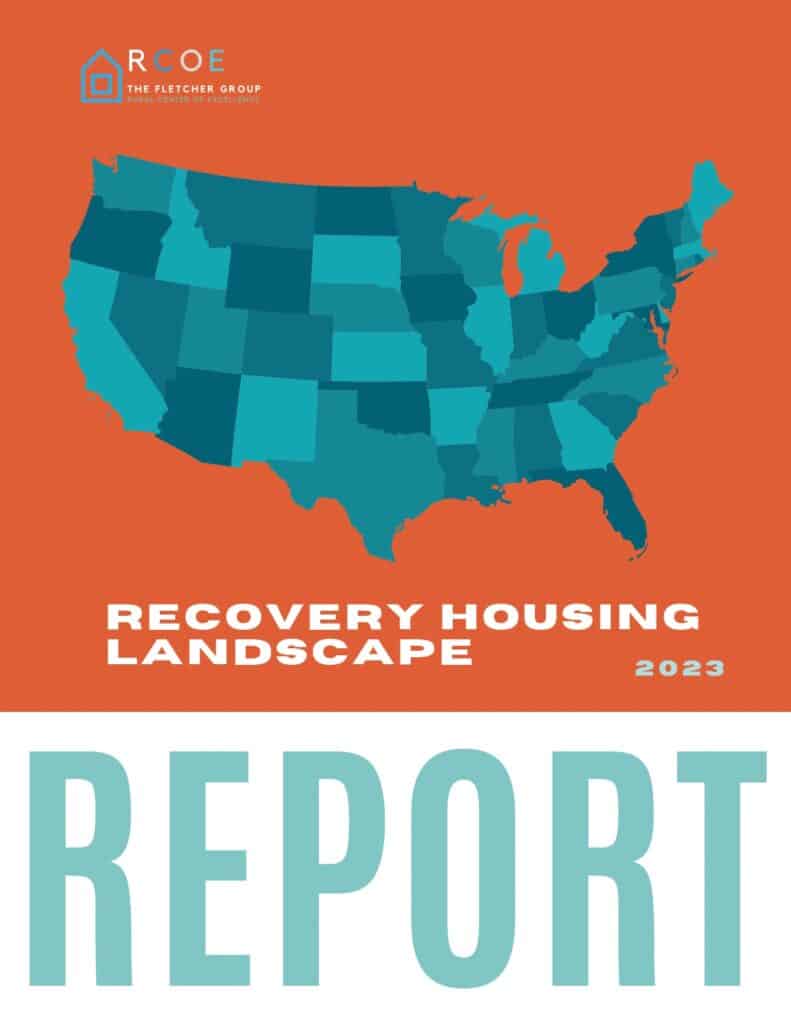
Kansas State Laws, Policies and Funding
RH terminology used by the Kansas Department for Aging and Disability Services (KDADS) SSA – none/unknown
Accreditation, Certification, and State Licensing Requirement: No state requirement.
RH Law(s): None/unknown
RH Legislation: None/unknown
Regulations: None/unknown
SABG Program: The “Planned Priority Areas” documents for your state’s Substance Abuse Prevention and Treatment Block Grant (SABG) program and Community Mental Health Services Block Grant (MHBG) program do not specifically mention recovery housing as a priority, nor do they list recovery support services as an allowable activity. To learn more about specific recovery housing activities that are eligible for funding through these grant programs, please reach out to your state’s Single State Agency (SSA) that’s responsible for administering these funds by visiting https://kdads.ks.gov/
According to WebBGAS, this state has indicated that it has established a revolving loan fund using SABG funds to develop RH for individuals in recovery.
SOR Program: Your state’s Department of Health and Social Services (DHSS) has previously funded recovery activities using State Opioid Response (SOR) funds. To learn more about specific recovery housing activities that are eligible for funding through this grant program, please reach out to your state’s Single State Agency (SSA) that’s responsible for administering these funds by visiting https://kdads.ks.gov/
Medicaid Funding: Nothing in the state Medicaid plan suggests direct support for RH, however, certain covered activities could evolve to be provided in RH settings include peer support, case management, supported employment, independent living skills training and counseling.
Click to access https://www.kancare.ks.gov/members/benefits-services/working-healthy
NARR Affiliate Status: None/unknown
Housing Assistance Funding: https://kshousingcorp.org/
Directory/Registry: None/unknown
Kansas Funders
Blue Cross and Blue Shield of Kansas Foundation
The Blue Cross and Blue Shield of Kansas Foundation is based in Topeka, Kansas, and was established in July 2005. The Foundation is supported by Blue Cross and Blue Shield of Kansas, which is the largest health insurance provider in the state. The Foundation is dedicated to improving the health and well-being of Kansas residents.
Regions: The Foundation serves 103 counties across the state of Kansas, which is nearly the entire state.
Issues Supported: The Foundation focuses specifically on health and well-being, with a focus on rural health. The three primary initiatives of the Foundation are Pathways, Trailblazers, and Healthy Lifestyles. The Trailblazers funding program gives special attention to rural health needs.
Grant Process and Application: Deadlines may vary depending on the grantmaking program. Contact the Blue Cross and Blue Shield of Kansas Foundation for more information.
Grant-Making Per Year: In 2019, the Foundation provided grants in the amount of $803,886.
Recovery and Supportive Housing Grantee Example: The Ashby House is a grantee based in Salina, Kansas, in rural Saline County. The Ashby House offers sober living facilities for individuals, including those who have children and who are struggling with substance use disorders.
Kansas Health Foundation
The Kansas Health Foundation was established in 1985 when Wesley Medical Center was sold to the Hospital Corporation of America. The profits of the sale were given to the United Methodist Health Ministry Fund and the Wesley Medical Endowment Foundation, now called the Kansas Health Foundation. The mission of the Kansas Health Foundation is to improve the health of all Kansans and empower all residents to make healthy choices. The Foundation focuses its efforts and funding on initiatives that improve access to care, encourage healthy behaviors, increase community and civic engagement, and increase educational attainment.
Regions: The Kansas Health Foundation serves all areas of the state, including both rural and non-rural counties. Rural counties served include Allen, Montgomery, Reno, and Seward.
Issues Supported: Health is the issue area that receives the most funding. Key areas of focus include health care access, healthy lifestyles, community engagement, and educational attainment.
Grant Process and Application: The Kansas Health Foundation posts available grants on their Grant Opportunities website page. The most recent available grant initiative was the Community Keepers Grant, which was designed to fund organizations supporting groups led by and benefiting people of color.
Grant-Making Per Year: In the past five years, the Kansas Health Foundation has provided $80 million in grants to 367 organizations. In 2020 alone, the Foundation provided grants in the amount of $25 million to groups throughout Kansas.
Recovery and Supportive Housing Grantee Example: DCCCA is a grantee based in Lawrence, Kansas, in partially rural Douglas County. DCCCA focuses on residential treatment and integration for individuals and families affected by substance use disorder. DCCCA offers both inpatient and outpatient services as well as supportive housing.
Kansas Opioid Settlement Funds
Total Settlement Funds in Kansas
- $190 million
Fund Distribution
- 25% to local governments through the Municipalities Fight Addiction Fund
- 75% to the state through the Kansas Fights Addiction Fund
- Spending will be overseen by the Kansas Fights Addiction Grant Review Board
Timeline
- Funds from three distributors will be paid over 17 years
- Funds from Johnson & Johnson will be paid over 9 years
Application Process
- Not established
Key Contacts
•Office of Attorney General Derek Schmidt, 785-296-2215
Key Links
How About Your County?
To get a quick overview of the resources available in your county, including gaps that may need to be addressed, visit the Recovery Ecosystem Index Map developed through a partnership between the Fletcher Group Rural Center of Excellence, the NORC Walsh Center at the University of Chicago, and East Tennessee State University.
Need More Info?

A year in the making by a staff of ten, the Fletcher Group’s 82-page Recovery Housing Landscape Report provides an in-depth overview of the most recent laws, policies, and funding affecting recovery housing. You’ll find sections devoted to state laws, SAMHSA funding, Medicaid, corrections, and housing assistance plus numerous links to valuable resources and official documents. To see the complete downloadable report, click the image to the left.
This web page is supported by the Health Resources and Services Administration (HRSA) of the U.S. Department of Health and Human Services (HHS) as part of an award totaling $13.7 million with 0% financed with non-governmental sources. The contents are those of the author(s) and do not necessarily represent the official views of, nor an endorsement, by HRSA, HHS, or the U.S. Government.